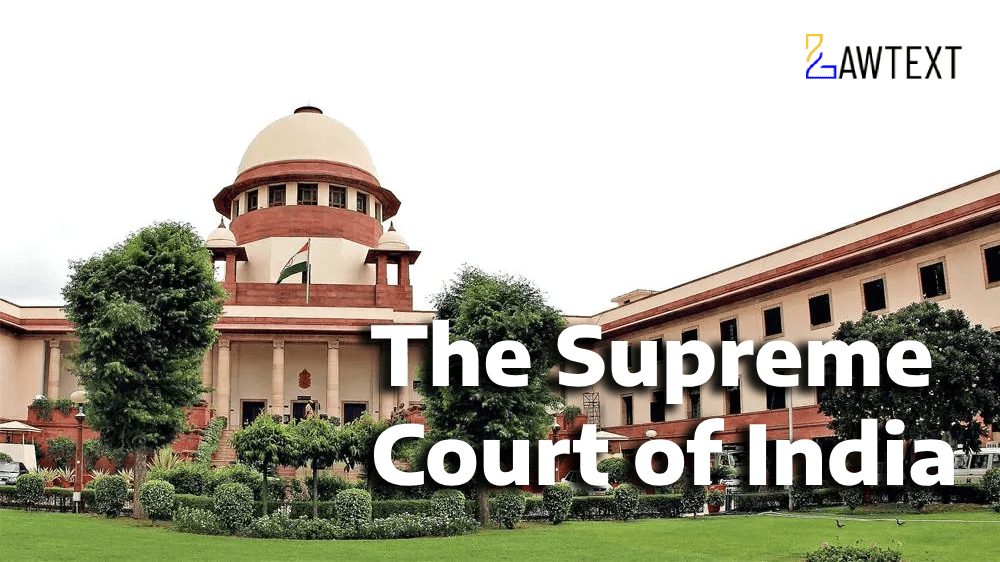Supreme Court Overturns Convictions in Custodial Death Case. Lack of evidence and wrongful appreciation of defense lead to acquittal in a significant custodial death case.

CASE NOTE & SUMMARY
An appeal concerning the custodial death of Shama @ Kalya, the Supreme Court overturned the convictions of the accused. The judgment scrutinized the evidence and highlighted failures by the prosecution to prove essential facts, including the identification of the deceased’s body through fingerprints. The defense provided a plausible explanation of Shama’s escape, supported by railway records, which were not properly appreciated by the lower courts. Ultimately, the benefit of the doubt was given to the accused, and the convictions under Section 304 Part II and other sections were set aside.
The case involves the custodial death of Shama @ Kalya, who was allegedly tortured by police officers while in illegal detention. The appellants were convicted by the lower courts for charges under various sections of the IPC, including Section 304 Part II (culpable homicide). The High Court had previously acquitted the appellants of charges under Section 201 but upheld their convictions for custodial death. The Supreme Court found that there was insufficient evidence to prove beyond reasonable doubt that the body recovered was Shama’s, and the defense had established a plausible theory of his escape, leading to the acquittal of the appellants.
-
Background of the Case:
- The deceased, Shama @ Kalya, was a known criminal taken into police custody for interrogation related to a burglary. He allegedly died due to custodial torture, and his burnt body was found in the forest.
- The accused, police officers, were charged with offenses under Sections 302, 304, 330, and 331 of the IPC for their involvement in Shama’s death and attempts to destroy evidence.
-
Trial Court Judgment:
- The trial court convicted the accused under Section 304 Part II IPC, holding them responsible for causing the death through custodial torture. It also noted that the police had staged a drama of Shama’s escape.
- The trial court accepted the fingerprint identification of the body as Shama’s, though no medical evidence confirmed injuries on the body matching those described by witnesses.
-
High Court Judgment:
- The High Court overturned the conviction under Section 201 but upheld the conviction under Section 304 Part II, finding the appellants guilty of custodial death.
- The court dismissed the prosecution’s failure to prove the body’s identity through DNA testing or other conclusive means but held that the defense had failed to establish an alternative explanation.
-
Supreme Court's Analysis:
- The Supreme Court found that the High Court's reliance on fingerprint evidence was flawed and not conclusively proven. The court also found serious omissions in witness testimonies, undermining the prosecution's case.
- The defense provided evidence that Shama had been arrested by railway authorities after his alleged escape, which was not properly considered by the lower courts. The railway court’s certified order supported the theory of his escape.
- The judgment emphasized that the burden of proof lies with the prosecution, and mere suspicion cannot replace legal evidence.
-
Final Judgment:
- The Supreme Court acquitted the accused under Section 304 Part II IPC, granting them the benefit of the doubt, as the prosecution failed to conclusively prove Shama's death and the involvement of the accused in the custodial death.
Legal Provisions Discussed:
- Indian Penal Code (IPC):
- Section 302: Murder
- Section 304 Part II: Culpable homicide not amounting to murder
- Section 330 & 331: Causing hurt to extort confession
- Section 201: Causing disappearance of evidence of an offense
- Section 34: Acts done by several persons in furtherance of common intention
Ratio Decidendi:
The Supreme Court concluded that the prosecution failed to establish the identity of the dead body as that of Shama @ Kalya through reliable evidence, such as fingerprints or medical testimony. The failure to corroborate crucial witness testimonies, combined with plausible defense evidence showing Shama’s escape, led to the acquittal of the accused under Section 304 Part II IPC.
Subjects:
Custodial death, criminal appeal, wrongful conviction
IPC Section 304, criminal law, acquittal, evidence law
ISSUE OF CONSIDERATION
Manik & Ors. Versus The State of Maharashtra.
Citation: 2024 LawText (SC) (9) 253
Case Number: Criminal Appeal Nos.1614-1618 of 2012
Date of Decision: 2024-09-25
Case Title: Manik & Ors. Versus The State of Maharashtra.
Before Judge: (Sanjay Kumar J. , C.T. Ravikumar J.)
Appellant: Manik & Ors.
Respondent: The State of Maharashtra.

